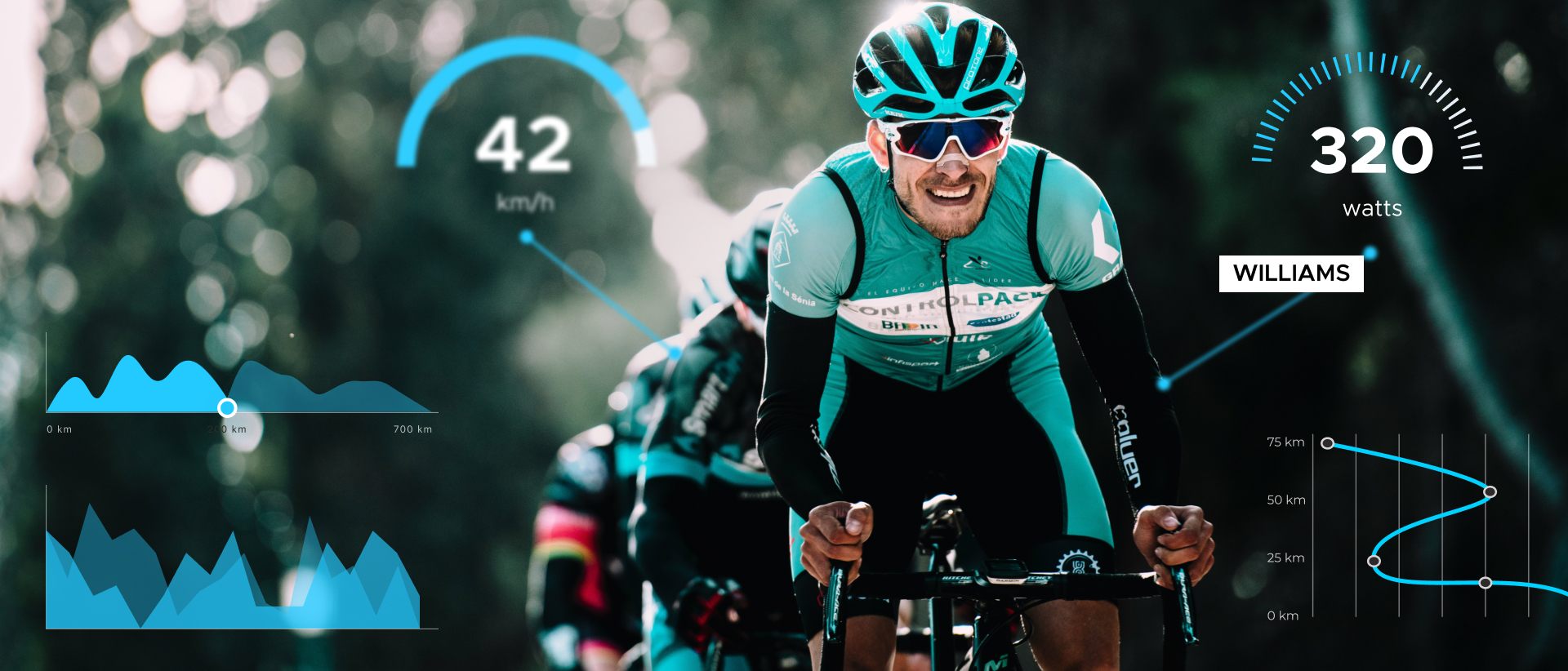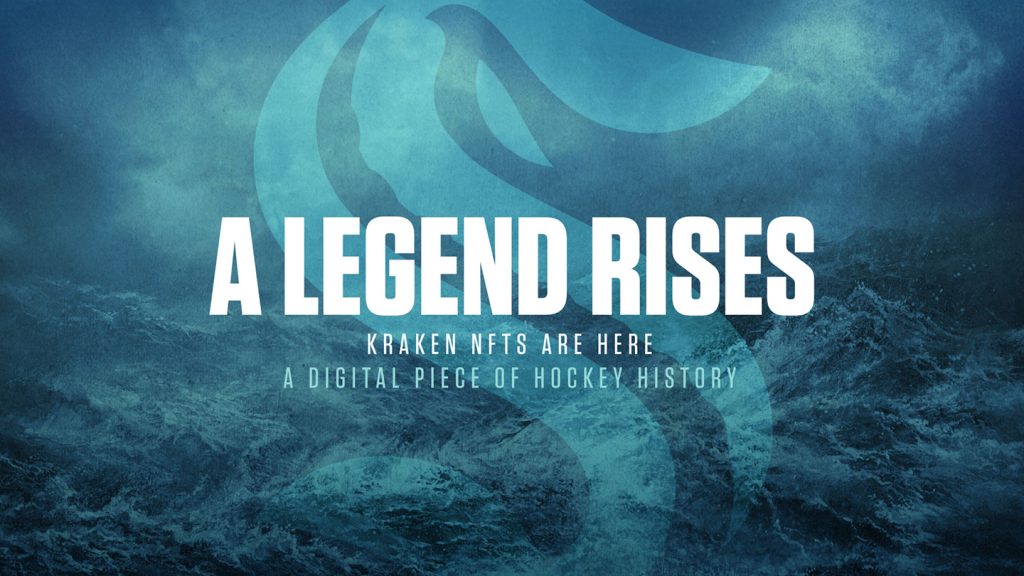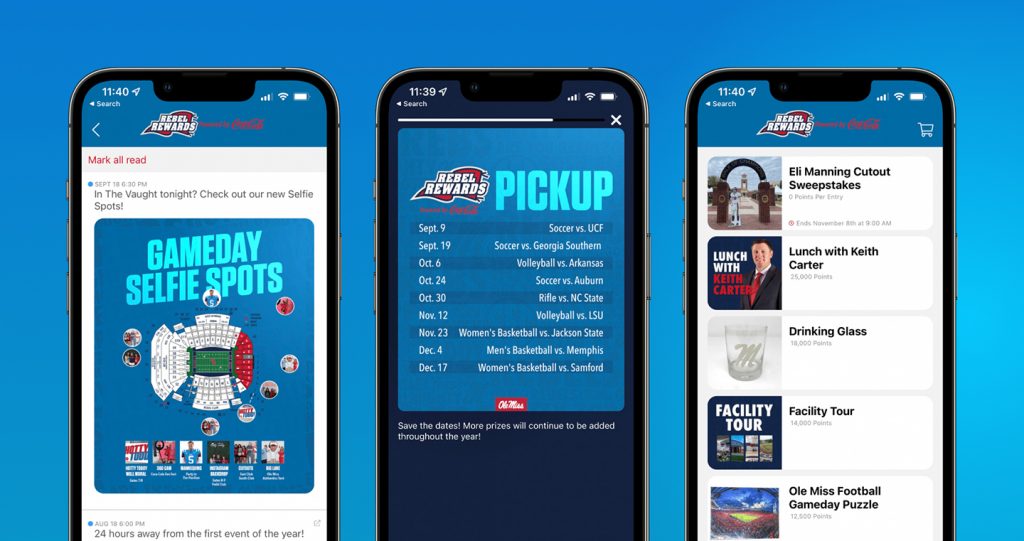The Future of Sport in Digital: Fan Engagement, Monetisation, and Efficiency
As the sports industry continues to embrace digital transformation, product owners and revenue directors at sports organisations are at the forefront of driving innovation.


Today’s strategies are focused on leveraging technology to engage fans in new ways, unlock monetisation opportunities, and streamline operations for greater efficiency. From AI-powered content to direct-to-consumer platforms, digital innovation is reshaping the sports business landscape, offering unprecedented growth potential for organisations ready to take the plunge. Here are some of the best in-class examples and considerations.
Engagement
Fan engagement is evolving beyond the stadium and the match day experience. Today’s fans expect 24/7 interaction through digital platforms that offer personalised content and unique experiences.
Wimbledon & IBM Watson (AR Experiences)

Wimbledon partnered with IBM Watson to offer fans AI-powered AR experiences during the tournament. These activations were accessible via mobile apps, allowing fans to engage with virtual content tied to real-world objects like plaques and sponsor stands. This initiative attracted over 69 million digital visitors, driving engagement both in-person and online, enhancing the fan experience by making the tournament accessible across multiple digital platforms (Home of Technology News).
Seattle Kraken & NFT Launch

The Seattle Kraken released a series of NFTs in collaboration with Orange Comet, allowing fans to purchase digital collectibles tied to exclusive rewards like autographed jerseys and behind-the-scenes experiences. This NFT drop helped the team tap into the growing blockchain fanbase and increase engagement by offering unique digital assets. The initial launch saw strong sales, with prices starting from $50, making it an accessible way for fans to engage with the team digitally (Home of Technology News).
Formula 1 & AWS (AI-Powered Engagement)

Formula 1, in collaboration with AWS, implemented AI and machine learning to analyse historical race data, delivering real-time race insights and predictions to fans. These insights were featured during live broadcasts, making the viewing experience more interactive and personalised. This initiative led to a 40% increase in video views on F1’s digital platforms and contributed to growing global fan engagement (Sportcal) (Home of Technology News).
San Francisco Giants & Digital Content Monetisation

The San Francisco Giants used AI-powered tools to manage their vast digital archives, including historical footage of key players like Willie Mays. By making this content searchable and easily accessible for in-game use and documentaries, the Giants were able to significantly monetise their media assets, transforming what was previously a cost centre into a revenue-generating asset (Hype Sports Innovation) (Sportcal).
Ole Miss Rebel Rewards & Spark Compass (AR Fan Engagement)

The University of Mississippi partnered with Spark Compass to create an AR-powered fan engagement platform through the Rebel Rewards app. Fans could engage in geo-located AR games at sporting venues, such as “throwing” a virtual football to a player in augmented reality to win prizes. This campaign led to a 15% increase in app engagement, demonstrating how AR can enhance live event participation (Home of Technology News).
Intuit Dome: Revolutionising Fan Engagement and Revenue with Immersive In-Game Experiences

The LA Clippers’ sports stadium, Intuit Dome, is designed to enhance fan engagement through immersive in-game experiences, including state-of-the-art video boards and real-time interaction features via mobile apps. The stadium also integrates personalised digital experiences that allow fans to participate in games, contests, and exclusive content, further driving engagement. Monetisation is increased through advanced concessions, premium seating options, and integrated sponsorship opportunities, providing multiple revenue streams and maximising fan spending; it’s projected that these efforts could generate an additional $100 million annually in revenue.
Monetisation
Digital transformation has opened up a host of new revenue opportunities for sports organisations. E-commerce platforms, streaming services, and exclusive digital content subscriptions have become vital revenue drivers. The Seattle Kraken exemplified this by launching their first NFT series in partnership with Orange Comet, offering fans unique digital collectibles tied to real-world experiences like autographed merchandise. This NFT strategy not only tapped into a growing market but also expanded the Kraken’s fan engagement through innovative digital products (Home of Technology News).
AI-driven personalisation is also making its mark on monetisation strategies. By using AI to analyse fan behaviour and preferences, teams can make personalised product recommendations, leading to higher conversion rates. This approach is mirrored in the San Francisco Giants’ AI-driven initiative to organise and monetise their digital archives. By turning underutilised content into a new revenue stream, they effectively capitalised on fan interest in historical footage (Hype Sports Innovation). These examples demonstrate that with the right tools, sports organisations can convert digital innovation into substantial revenue growth.
Data
Data is the engine driving these digital innovations. By investing in robust data infrastructure, sports organisations can gain deep insights into fan behaviour, engagement, and preferences. This enables personalised fan interactions and more effective audience segmentation. The ability to analyse and act on fan data not only boosts engagement but also supports better business decision-making.
Sports teams that prioritise data will be well-positioned to optimise both fan experience and business strategies. As demonstrated by Formula 1’s use of real-time race analytics, data-driven insights create richer, more interactive fan experiences while also supporting operational improvements (Sportcal).
AI
Artificial Intelligence (AI) is playing an increasingly crucial role in revolutionising how sports organisations engage fans and streamline operations.
Several sports brands and clubs have leveraged AI to boost digital product revenue through innovative projects. For instance, Formula 1 uses AI and machine learning in partnership with AWS to analyse 65 years of historical race data, providing real-time race insights, predictions, and personalised fan experiences. This data-rich storytelling helps drive viewership and enhance engagement, translating to higher broadcast revenue (Sportcal) (Home of Technology News).
Another example is the San Francisco Giants, which utilise AI to manage and monetise their vast digital archives. By using AI to search through video footage of historical players and events, they can easily create and license content for documentaries and in-game features, generating new revenue from previously underutilised assets (Hype Sports Innovation) (Sportcal).
Additionally, Wimbledon partnered with IBM Watson to enhance fan interaction using AI-powered augmented reality experiences. These digital activations, accessible through mobile devices, attracted over 69 million visitors, driving engagement and monetisation opportunities through sponsorships and digital campaigns (Home of Technology News).
Efficiency
Operational efficiency is a key area where digital transformation can make a substantial impact. AI-powered tools and automated workflows streamline processes, reduce costs, and enhance overall productivity. The San Francisco Giants’ AI-driven management of their digital assets is a prime example of how automation can turn a logistical challenge into a revenue-generating opportunity (Hype Sports Innovation).
By optimising internal processes, sports organisations can ensure that their focus remains on delivering success on the field, while digital initiatives enhance fan experiences and drive business outcomes. AI, in particular, can enable smarter resource allocation, improve ticketing systems, and optimise facility usage—all while ensuring fans remain at the centre of the strategy.
Misalignment
While digital transformation offers enormous potential, there are risks when the focus shifts too far from core sporting values. An overemphasis on digital engagement without maintaining on-field performance can alienate fans. Additionally, relying too heavily on automation risks creating impersonal interactions. Authenticity remains key to building meaningful connections with fans, and digital strategies should always enhance—not detract from—the spirit of the sport.
Our expertise in the space
As Digital Product Experts, our team excels at leveraging advanced AI solutions to transform media consumption experiences.
Our latest project with Microsoft reflects our commitment to innovation, combining cutting-edge technology with deep industry knowledge to create AI-driven streaming solutions that revolutionise audience interaction with content. Using Azure’s Video Indexer and Cognitive Services, our system captures and interprets key game moments, creating a fully indexed, searchable metadata layer that enhances content discovery and engagement.

Our AI-powered features—Media Curator, Narrator, Librarian, and Encyclopaedia—generate curated playlists, context-aware narrations, and chaptered scenes that enable personalised and interactive experiences. With natural language processing integrated into the remote control, users can verbally request specific content—like “Show all of Jason Tatum’s rebounds” or “Find Jaylen Brown’s best moves”—allowing them to curate custom playlists effortlessly. This hands-free interaction not only simplifies content navigation but also makes the experience highly intuitive and engaging, transforming passive viewing into an active, personalised experience.
As the future of sport continues to evolve, balancing digital innovation with core sporting values will be crucial to long-term success. By leveraging technology to enhance fan engagement, streamline operations, and drive new revenue streams, sports organizations can remain competitive while staying true to their roots.
Book a demo to see how our personal media curator works
To learn more about how AI and digital tools can transform your sports organisation, book a demo today and explore the possibilities of the next generation of fan engagement and monetisation strategies.
or email us at enquiries@uicdigital.com


